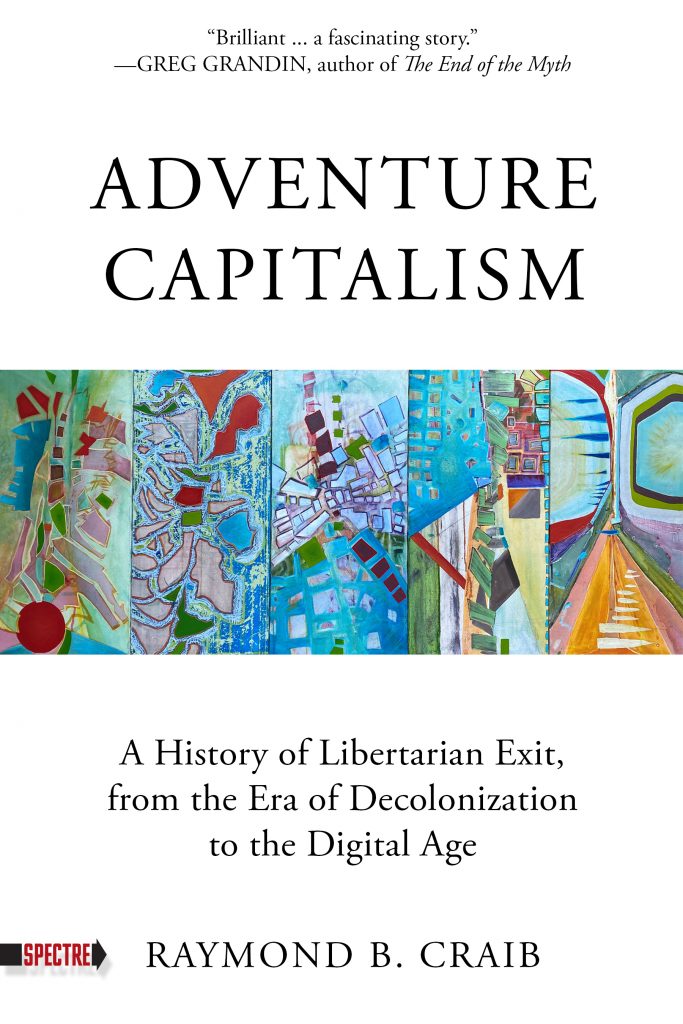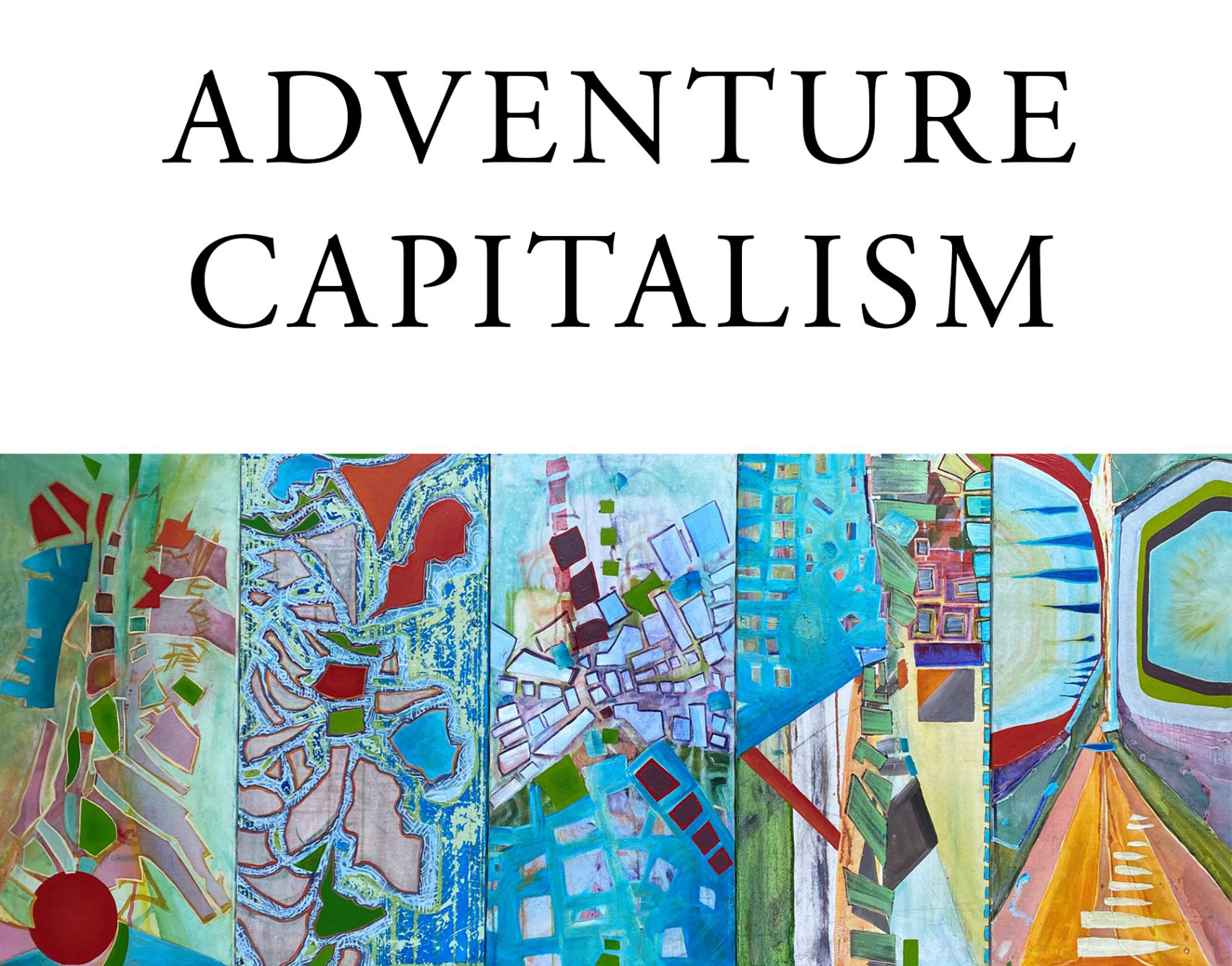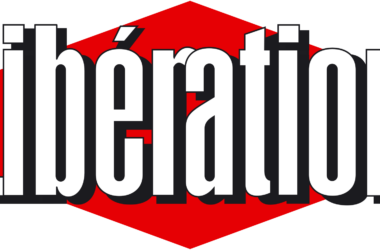By Cory Doctorow
Pluralistic.net
The 17th century philosopher John Locke is a key grifter thinkfluencer, and his “labor theory of property” is key to understanding the libertarian mind-palace.
Locke says that property arises when the empty, unimproved natural places are mixed with human labor. You own your body, so you own its labor and the fruits of its labor. No one owns an empty place, so when you influse your body’s labor into a place, it becomes yours.
There’s only one teensy problem with this: there are no empty places. Locke’s empty places always – always – turn out to be either a commons, or a place that colonized people are slaughtered for.
In other words, “a place no one is using” can be “a place everyone is using” (a commons) or “a place brown people are using” (a colony – often also a place held as a commons). The labor theory of property always involves some mix of genocide and enclosure.
The Libertarian mind-palace is a place where there is no coercion, only agreements entered into by free people acting according to their own lights.
Now, maximizing peoples’ ability to act according to their wishes is a laudable goal.
The mind-palace part comes in when you go through the intellectual contortions and outright fabulations necessary to find a place where Locke’s labor theory can play out without the taint of coercion and conquest.
This is why junk science like Garrett Hardin’s “Tragedy of the Commons” (a paper describing the universal collapse of commons, which presents zero historical evidence for its position) are so popular.
Not because they’re true, but because Lockeans wish they were, because that means that all those Olde Worlde types who enclosed lands, declaring them exclusive property weren’t stealing community lands – they were rescuing them from the “tragedy.”
That’s why there are still pathetic fools who claim enslaved people fought for the Confederacy, or that the Civil War was about resisting Big Government coercion. Otherwise, the present-day distribution of wealth is the result of a historic act of monstrous coercion.
It’s why there’s such a strain of white supremacy in Libertarian thought, because if the people who lived in the “New World” weren’t really people, then taking their lands wasn’t theft, an original sin that taints all the property rights descended from that theft.
Then there’s the problem of economic coercion: the fact that we’re all born with different amounts of wealth and opportunity means that some of us are willing to clean houses, and the rest of us can get our houses cleaned.
If our housecleaners, sex-workers, gardeners, soldiers, meat-packers and Uber drivers are only willing to show up for work because they were born without the chance to be on the buy-side of that trade, are we truly maximizing liberty?
Yes, but only if you believe in eugenics. If you believe in eugenics, then some of us are born with the built-in oomph that makes us able to rise above our stations, or maintain the station bequeathed us by birth.
The disembodied hand of the market rests on the planchette of an invisible Ouija board that swings towards those of us with the oomph and allocates capital to us so we can raise the general prosperity.
The eugenics part comes in when you explain away the male, high-born whiteness of the majority of oomph-havers as just the way oomph got distributed by genetic chance.
The absence of melanin or vaginas in the board room isn’t evidence of discrimination, it’s evidence of the typical oomph-shortage that accompanies vaginas and melanin. The rare exceptions are proof that if you do have oomph, you get to rise too.
All of this explains how a movement focused on “liberty” can be so anti-worker, so shot through with white supremacy, so pro-colonialist, so sexist – how its archdukes could condemn “coercion” and delight in Pinochet’s death-squads.
Libertarians aren’t (usually) stupid and this contradiction gets to them. They know they’re on stolen land, reliant on coerced labor, and the freedom they cherish for themselves has most other people agitating for rules that move some freedom onto their side of the ledger.
That’s the origin of the Libertarian Exit movement(s), separatist projects that seek to find a truly empty land, or a land that can be non-coercively acquired (through a free purchase from a rightful owner) and undo the original sins of property.







